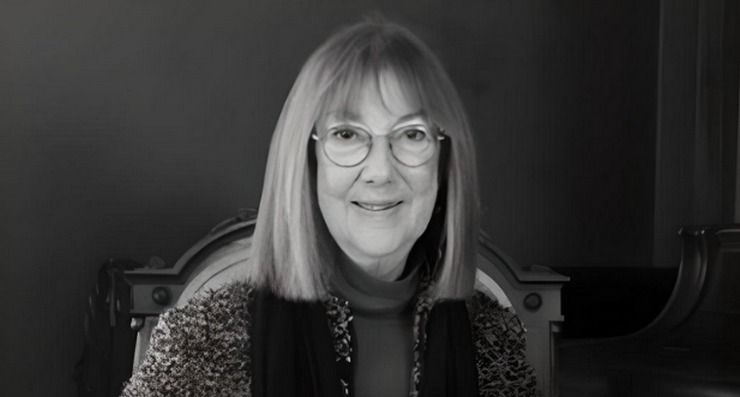
[Editor’s Note: This story has been edited and now differs from the original version. Robert Montano, who spoke at the meeting as a representative of the applicant, American General Design, called and wrote to say he was misquoted: “We are quoted to have said…’We are here to deliver the maximum amount of housing that we can.’ In fact, and I stated this repeatedly – Our request is far lower than what is permitted by the General Plan. To the contrary, we are not maximizing because we do not think that it would be appropriate to the neighborhood scale. Opponents stated that we are building 400 square foot units. We are not.”]
Nearly 100 worried and upset citizens, tenants, and local residents jammed a city meeting about a plan to convert portions of the iconic New Orleans Colonial-style Thatcher Building Medical Center in Green Street’s Village district into residences backed by a new four-story, multi-family residential building.
Before the packed crowd, Pasadena Zoning Hearing Officer Paul Novak Thursday rejected a city staff recommendation to approve an Affordable Housing Concession Permit at 960 East Green Street, and 99-135 South Catalina Avenue.
Meeting attendees filled the small hearing room, as well as a small hallway and corridor, leaning in to attempt to hear the proceedings.
The Center was reported purchased in September, 2015 by a partnership led by Tucson, Ariz., real estate investment firm Holualoa Cos. acting with local developer Patrick Chraghchian, president of Glendale’s American General Constructors. The buyers are said to have paid $28 million.
The project’s official applicant, American General Design of Pasadena, requested housing concessions in order to build 20 residential units on the second and third floors of the three-story Green Street building, and to construct a new four-story 79,365 square-foot multi-family residential building with 117 units at the Catalina Street address, currently the site of a parking lot.
A total of 137 new units were planned, with 12 designated as “very low income.”
The project plan has drawn the immediate ire of building tenants, and neighbors, who protested the lack of notice of the hearing for the project, as well as the plans themselves.
More than 30 speakers, most of them medical professionals and long time tenants, testified against the plans. None spoke in favor of of the project.
As one doctor described it, “This is not a typical office building, this is a medical building, and those are two very different things.”
“This building has a legacy of medicine, a half-century of tradition. Once this construction happens, our patients won’t want to come back,” added doctor Sandra Greenberg, a pediatrician.
Greenberg also spoke for a number of the doctors who testified against the permit, saying, “This construction will affect my ability to hear a newborn’s heartbeat.”
Residents also complained about the amount of traffic that the construction would produce after American General Design representative Robert Montano said that 45,000 cubic yards of dirt would be removed from the site in order to complete the new construction.
Attorney Richard McDonald representing the developer, acknowledged the complaints and criticisms, but told the board that “The project is not in front of you. We are only hear to discuss the concession permit.”
He explained to the board that the project is a “by right” project, but needs concessions in order to create “low income” units.
According to McDonald, California housing laws, which supersede local housing ordinances, place the burden of proof of “impact” on the opponents of affordable housing, and any concessions requested by developers need to have a “specific” impact on the project.
‘Does the affordable housing (itself) create the impact?,” he asked.
Hearing officer Novak decided that it did.
Following the hearing, McDonald said that Novak had “violated state law,” and that American General Design would be appealing the decision.













 0 comments
0 comments


